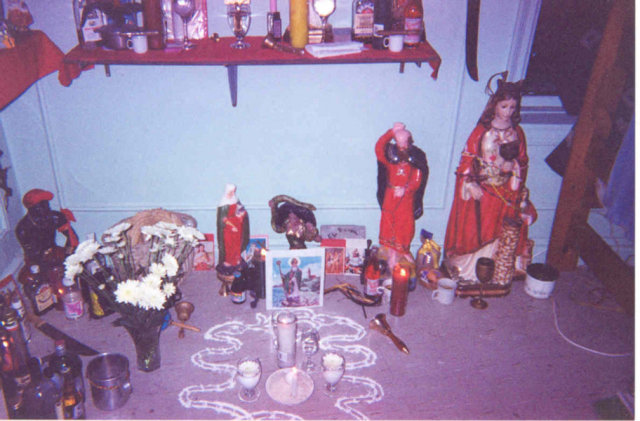William Gibson
Entrevista com o pai do termo “ciberespaço” e que se dedica agora às mídias locativas (ver seu último livro Spook Country). (via Void Manufacturing).
Trechos:
“(…) Youtube is like Jorge Luis Borges’ infinite library. I think it’s on its way there.
(…) It’s mediumistic. I am channeling, but I am channeling myself, that’s the difference. I take it for granted that it’s me. (…)

UG: The Orishas, the gods of Santeria, reappear in Spook Country, and have already populated cyberspace in your first trilogy. What is so fascinating about this Afro-American religion for you?
WG: I don’t know. I do know that I first discovered it when I was about twelve years old. I had bought a book called Voodoo in New Orleans by Robert Tallant which was a good, serious book; what today we would call a trade paperback. So it was like a cut-up from my usual reading material and in it there were a number of illustrations of the Veves, the ritual signs that are drawn by practitioners of that religion. While I was reading that, I was also building electrical kits that came with instructions. I built a transistor radio and some sort of electrical meter. And when I was reading Tallant’s book on Voodoo, the thing that kept striking me was how much the Veves looked like circuit diagrams and they really do quite a lot. And I wondered what sort of device you would get if you used a Veve as your circuit diagram. Many, many years later, when I was writing Count Zero, my second novel, I was very stuck and having a sort of sophomore slump and the narrative wasn’t going anywhere. One day I remembered the Veves and the circuit diagrams and that was all it took to jump across to a world inhabited by the pantheon of Haitian Voodoo. However, it is never clear, nor was it ever intended to be in Count Zero, whether they are literally there, or whether they are a simply an incredibly elegant, traditional cultural form in which something very un-supernatural finds it very convenient to manifest itself. (…)”
